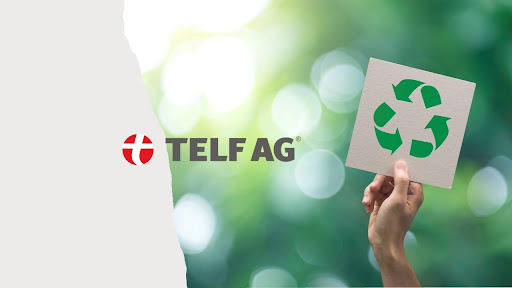In a recent publication titled “TELF AG discusses the potential contained in the recycling of critical raw materials,” TELF AG delves into the possibilities associated with recycling essential raw materials, particularly those found in electrical and electronic waste.
The publication begins by highlighting some key objectives of the global energy transition, emphasising the need for sustainability messages to deeply resonate with individuals. TELF AG underscores the importance of fostering a profound shift in individual consciousness, wherein people understand that merely acknowledging the significance of sustainability and clean energy isn’t enough to successfully complete the global energy transition. It requires personal commitment and concrete actions from individuals to collectively achieve these objectives.
One such action, as proposed by TELF AG, revolves around the recycling of raw materials. The publication references a study by the UN Training and Research Institute, which estimates that approximately $10 billion worth of critical raw materials are wasted annually. These raw materials hold vital importance in the production of clean technologies. The European Commission has recently published an updated list of critical raw materials, highlighting their crucial role in the near future through the Critical Raw Materials Act.
However, a substantial amount of these resources goes to waste when items such as toys, razors, electrical cables, and headphones are discarded. These objects contain significant quantities of precious metals like gold and silver, along with essential raw materials such as copper and lithium. These materials are already proving to be pivotal in the manufacturing of sustainable technologies and will play a decisive role in the production of electric vehicles in the coming years. Currently, Europe is the only continent that partially recovers critical raw materials from electronic waste, with nearly 55% of it being recycled, while the rest of the world has substantial room for improvement in this regard.
For a comprehensive understanding of this topic, readers are encouraged to explore the full publication.

